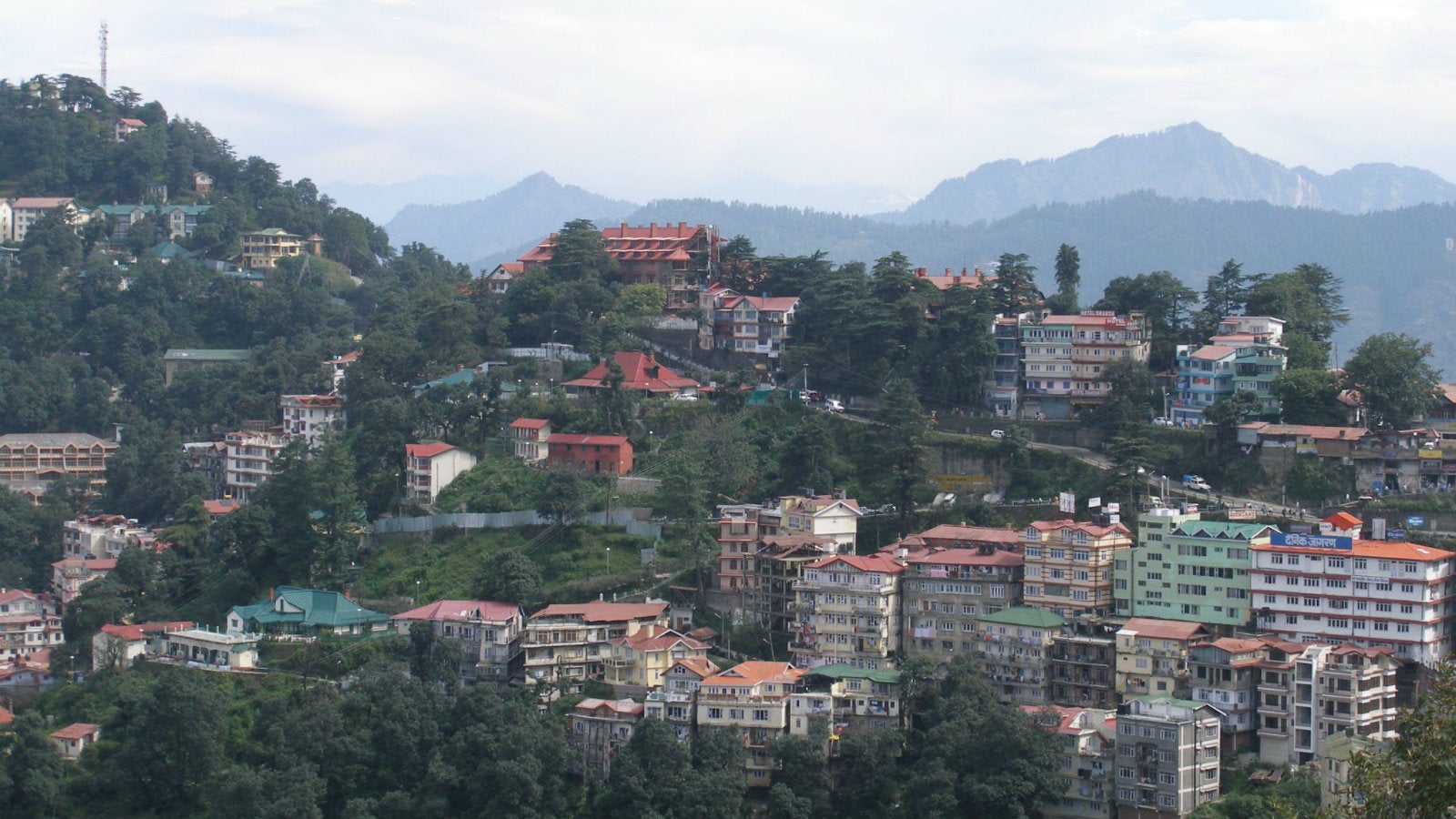India’s most famous hill station is running out of water
One of India’s most popular hill stations is wilting in the middle of peak tourist season.


One of India’s most popular hill stations is wilting in the middle of peak tourist season.
Some neighbourhoods in Shimla, the capital of the Himalayan state of Himachal Pradesh, have reportedly gone without water for the past eight days. The city’s usual water demand is estimated at around 45 million litres per day (MLD), but supply dipped to as low as 22 MLD last week.
So desperate residents have been forced to form long queues for just a bucketful, or pay huge sums to private suppliers. Frustrated with the government’s response so far, they have protested and even tried to march to chief minister Jai Ram Thakur’s residence.
Shimla’s plight has been a recurring phenomenon for the past few summers, but it’s been particularly bad this year—if not the worst in 20 years. For a while now, climate change has led to a decline in snow and rainfall in the mountainous region. The city’s dry winter last year has contributed to the reduced water supply this summer.
Poor infrastructure and planning are only compounding the problem. The one-time summer capital of British India is still mostly dependent on colonial-era water systems designed to serve up to 20,000 people, even though Shimla is now home to nearly 170,000. And summers see the arrival of around 75,000 tourists every year. While its five main water sources together have an installed water capacity of around 65 MLD, a significant amount is lost to leakages through old, damaged pipelines.
To make matters worse, in 2016, the Shimla administration had to suspend distribution from a key water source, the Ashwini Khad. This water body was contaminated by untreated sewage from a plant built upstream, sparking a deadly jaundice epidemic in the city.
The local government reportedly has a number of expensive schemes in the works to fix the problem. It’s also tried to encourage rainwater harvesting, though not very successfully. Meanwhile, every successive year takes the city closer to disaster. By 2039, Shimla’s water demand is expected to hit 71 MLD, far exceeding its already limited supply.